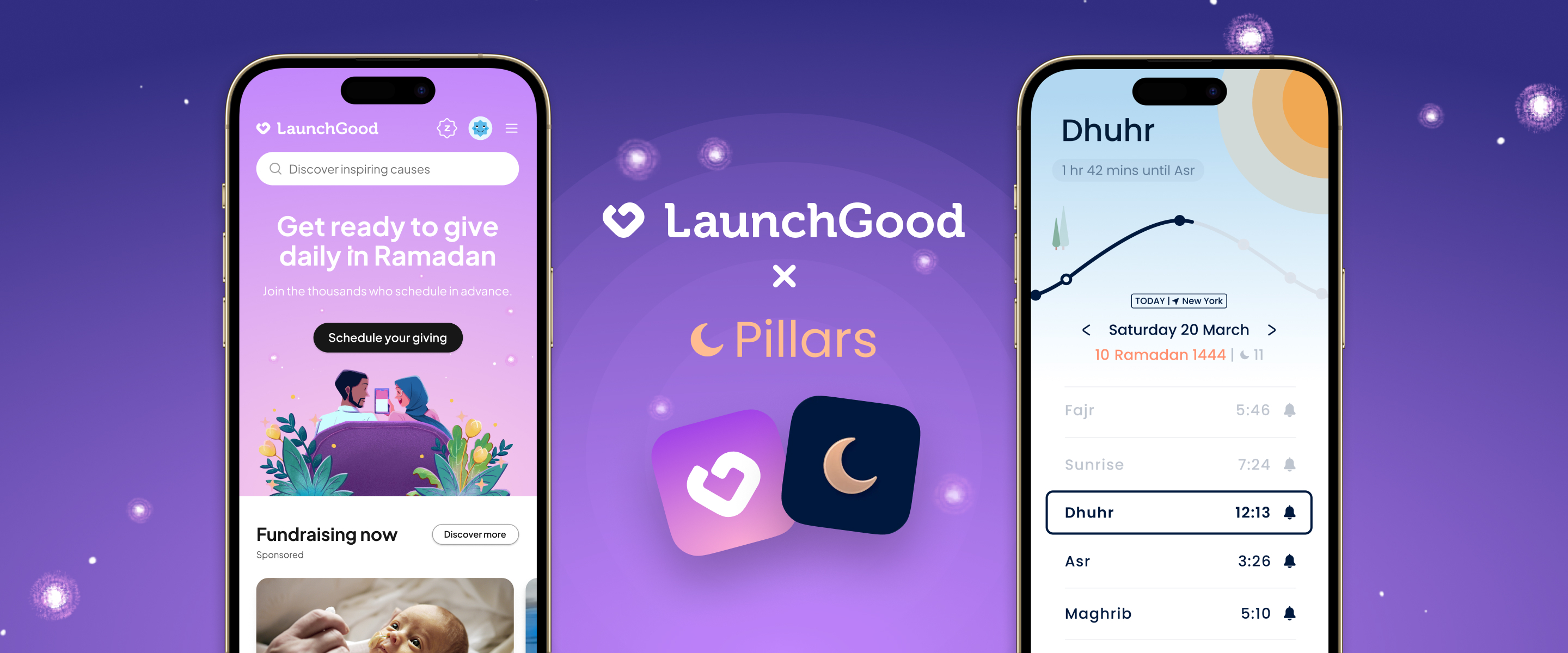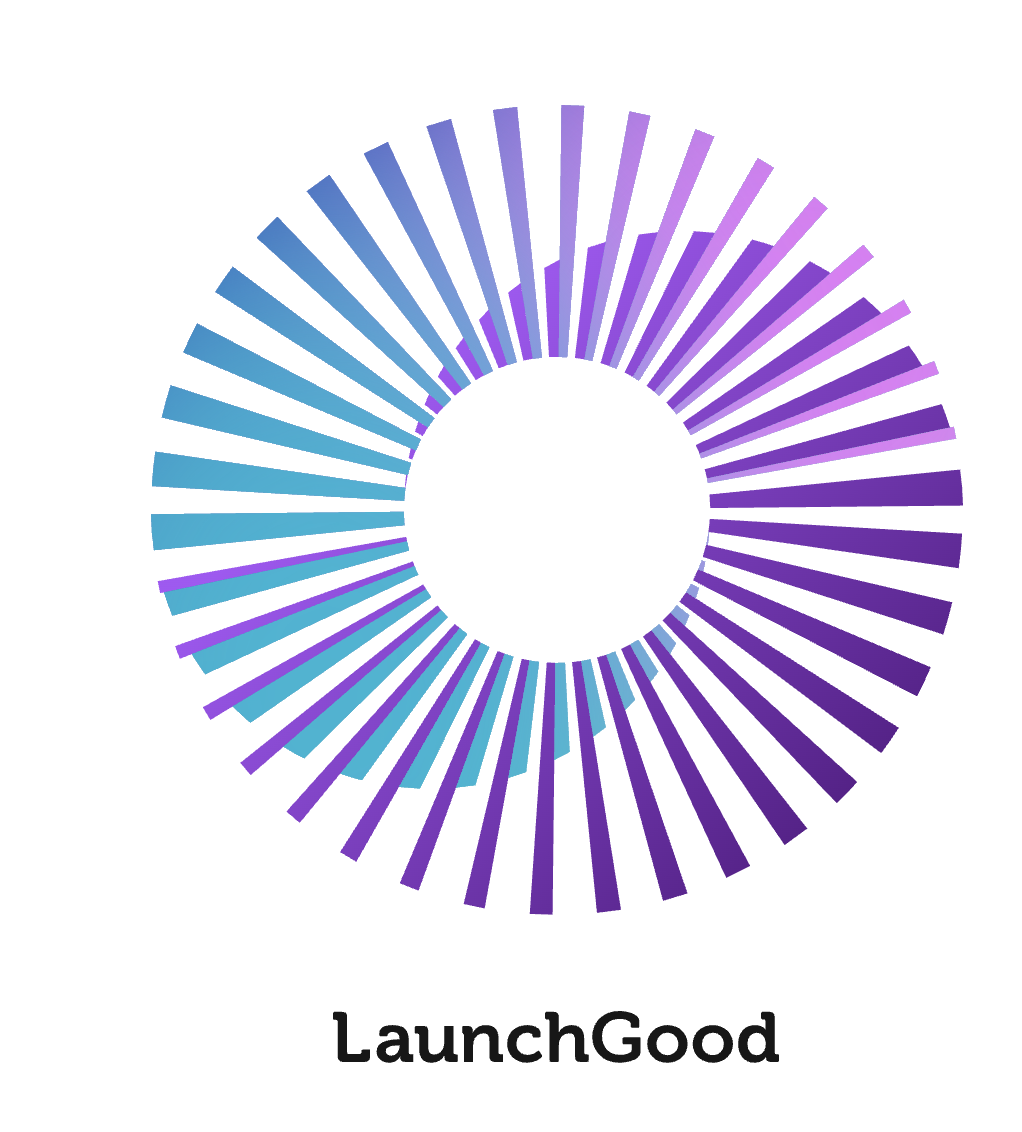Tafakkur could be translated as “contemplation”, “spiritual reflection”, and “thinking deeply”.
Ibn Umar reported: The Messenger of Allah, peace and blessings be upon him, said, “Reflect deeply upon the blessings of Allah, but do not reflect upon the essence of Allah.” Source: al-Mu’jam al-Awsaṭ
It is also reported Ibn ʿAbbās said: “One hour of contemplation is better than a whole night of vigil worship,” while other authorities taught that, “one hour of contemplation is better than a whole year of worship” (Quoted from: Badri, Malik, Introduction; in: Badri, M., Contemplation. An Islamic Psychospiritual Study, London 2000, p. xi.)

During these strange pandemic times, I highly encourage you (not just in these times but during ‘normal’ times too!) to journal. You can read this research-backed article on why journalling is good for your health. Here’s an excerpt:
“According to Dr. James Pennebaker, a psychologist and leading expert in the field of Expressive Writing — a type of journaling that usually involves exploring issues that can literally correct the course of your life — journaling strengthens immune cells called T-lymphocytes and has been shown to be associated with drops in depression, anxiety, and increases in positive mood, social engagement, and quality of close relationships.”
7 Journal Prompts for Muslims to get closer to Allah
As Ramadan is leaving us, I hope the following prompts, if done in Ramadan, will put you in good stead to face the next 11 months inshaAllah! Make sure to set aside at least 30 minutes to truly answer one of the questions. Reflection is not about answering all the questions in the fastest time possible but really digging deep, quieting your mind and connecting to God.
Pro tip: Use your favourite pen and notebook, have wudhu’ before you start, (maybe even pray 2 rakaat!), light a scented candle if that helps to calm and ground you, and make intention that this is an ibadah for you, and not just self-indulgent writing. ❤
Here you go, bismillah!
- What is a blessing that I’ve been enjoying but did not realise before until this global pandemic happened? What other blessings have I not thanked Allah for? Are there people I have not thanked though they have been blessings, or a conduit of blessings for me?
- How has this Ramadan made me a better Muslim? What is one thing/deed I can bring forward this Ramadan to the rest of the year?
- What have I found hard this Ramadan? Why do I feel this way? How can I make this easier for myself?
- Imagine my funeral. Who will be at my janazah prayer? What would they say about me? What can I do from now to ensure that I am living my life with the values that I want to be remembered for? How do I want the people around me to feel after spending time with me?
- What do I want Allah to forgive me for? Have I asked Him for it this Ramadan? What do I want someone to forgive me for? Can I reach out to that person this Ramadan to let them know?
- How often do I think of Allah? Is He the first One I want to thank when I’m happy? Is He the first One I want to complain to when I’m not? What is one small thing I can do to cultivate my relationship with Him after Ramadan?
- When have I felt most connected to Allah this Ramadan? How can I replicate that experience?
All the best! May this exercise be a reason for spiritual openings and a deeper connection to Allah, ameen! Let me know if you tried them and how it made you feel.
.




